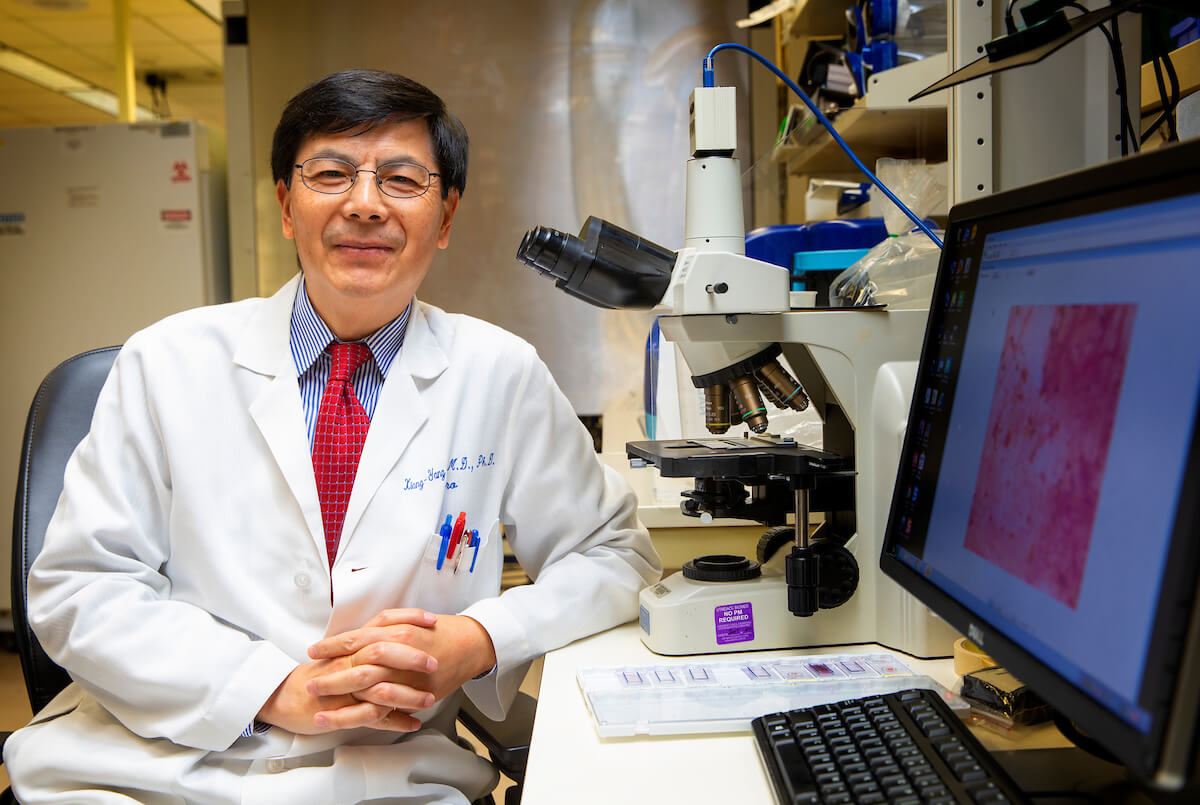
October 27, 2023
3-4pm
Hosted By Dr. Gwen Robbins Schug, Ashby Dialogue Series
Abstract:
Leprosy is a dreaded disease from ancient times caused by the well-known Mycobacterium leprae and the newly discovered Mycobacterium lepromatosis. This lecture traces the origin of human leprosy through clinical features of the infection, bacteriologic features, and pathogenesis.
The clinical features of leprosy include an indolent and chronic course of infection, long incubation from years to decades, and low transmission. These features accord with the slow and intracellular replication of the bacilli and low bacterial virulence. So far neither bacterium has been cultivated on media.
Genomic studies have revealed the bacterial ancestry and evolution. Both species harbor a genome of 3.27 mega-base pairs, yet they differ by 15% in sequences. The difference suggests a divergence of ~14 million years from the last common ancestor. Shortly before, the ancestor underwent a reductive evolution, resulting in massive inactivation and loss of genes. This process likely reflects lifestyle changes from free-living to host adaptation and eventual dependence.
The adaptation occurred most likely within a human ancestor or hominid ~15 million years ago. Lines of supportive evidence are to be elaborated in the lecture. This makes leprosy the oldest and human-specific infection, a natural consequence of a long parasitic adaptation.